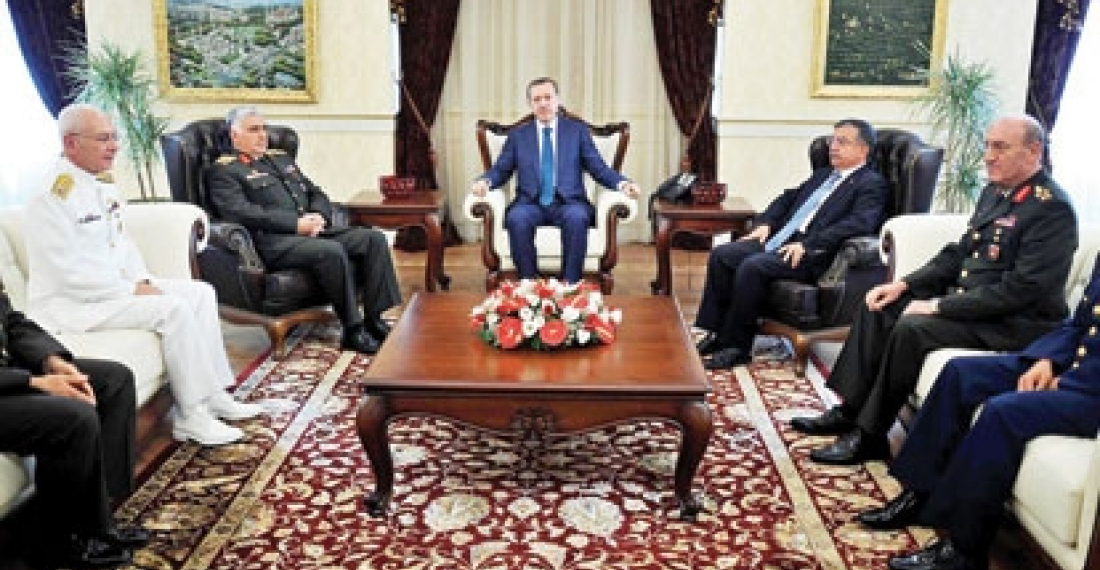Prime Minister Recep Tayyip Erdoğan met with the country’s top commanders led by Chief of General Staff Gen. Necdet Özel on Tuesday in his office. High on the agenda was the increased tension in the south east of the country where Kurdish rebels organised within the outlawed Kurdish Workers Party (PKK) have in recent weeks mounted operations against the security forces claiming many casualties. The Turkish military have called in reserve officers back to active duty.
Hurriyet Daily News reports that according to sources, among the options being considered in Ankara the urgent assignment of special police teams stands as a priority. It has already been decided that the Special Operations Police Teams will be assigned especially to sensitive regions and will once again be given a part in the fight against terror. After recent events, this decision will be executed faster. There are currently more than 6,000 Special Operations police officers. A group of 500 carefully selected from this team will be sent to high-risk areas such as Hakkari, Şırnak and Diyarbakır and will be deployed in the mountains where the PKK militants are known to be.
The military are also considering the aerial bombardment of PKK bases in Northern Iraq.
In the meantime the Turkish military are also having to plan against any contingency arising out of the current Syria situation. There have been reports that Turkey may decide to create a buffer zone between Turkey and Syria, although these have been denied by government sources. There is also the remote possibility that the Turkish Army may have to intervene in Syria directly if the situation there worsens.
A meeting of Turkey's National Security Council is scheduled to take place on Thursday.
source: commonspace.eu newsroom with reporting from Hurriyet Daily News







